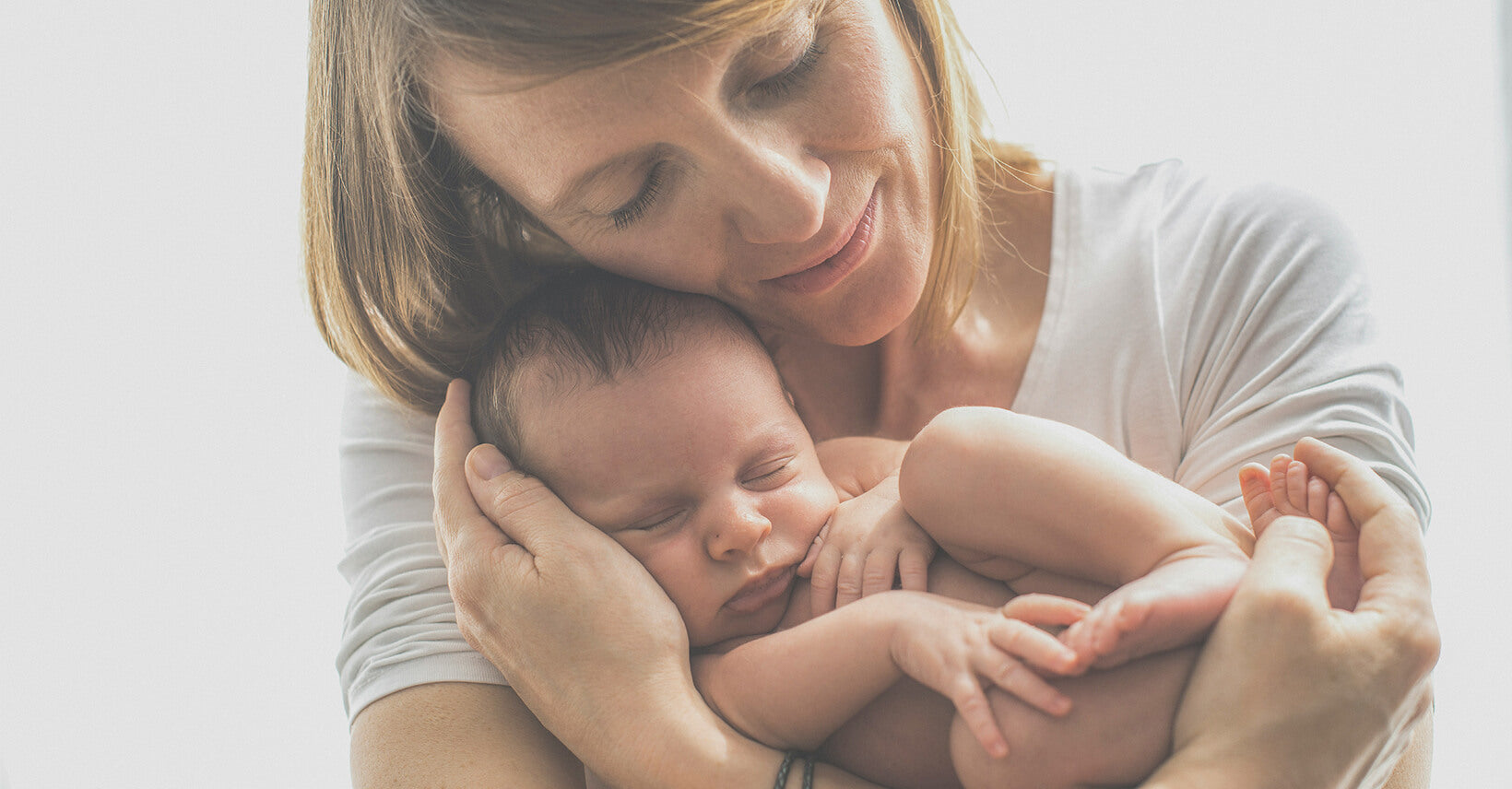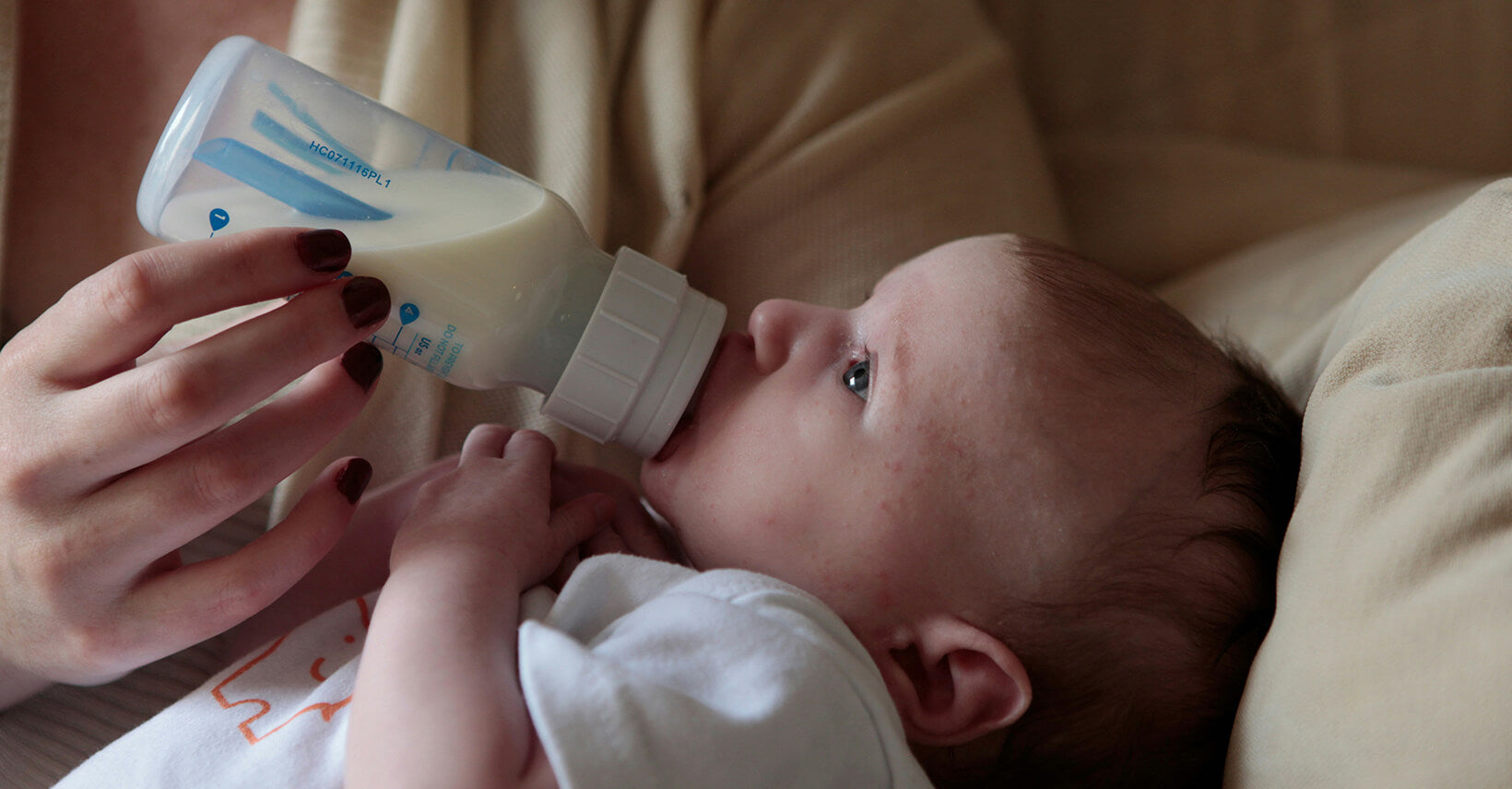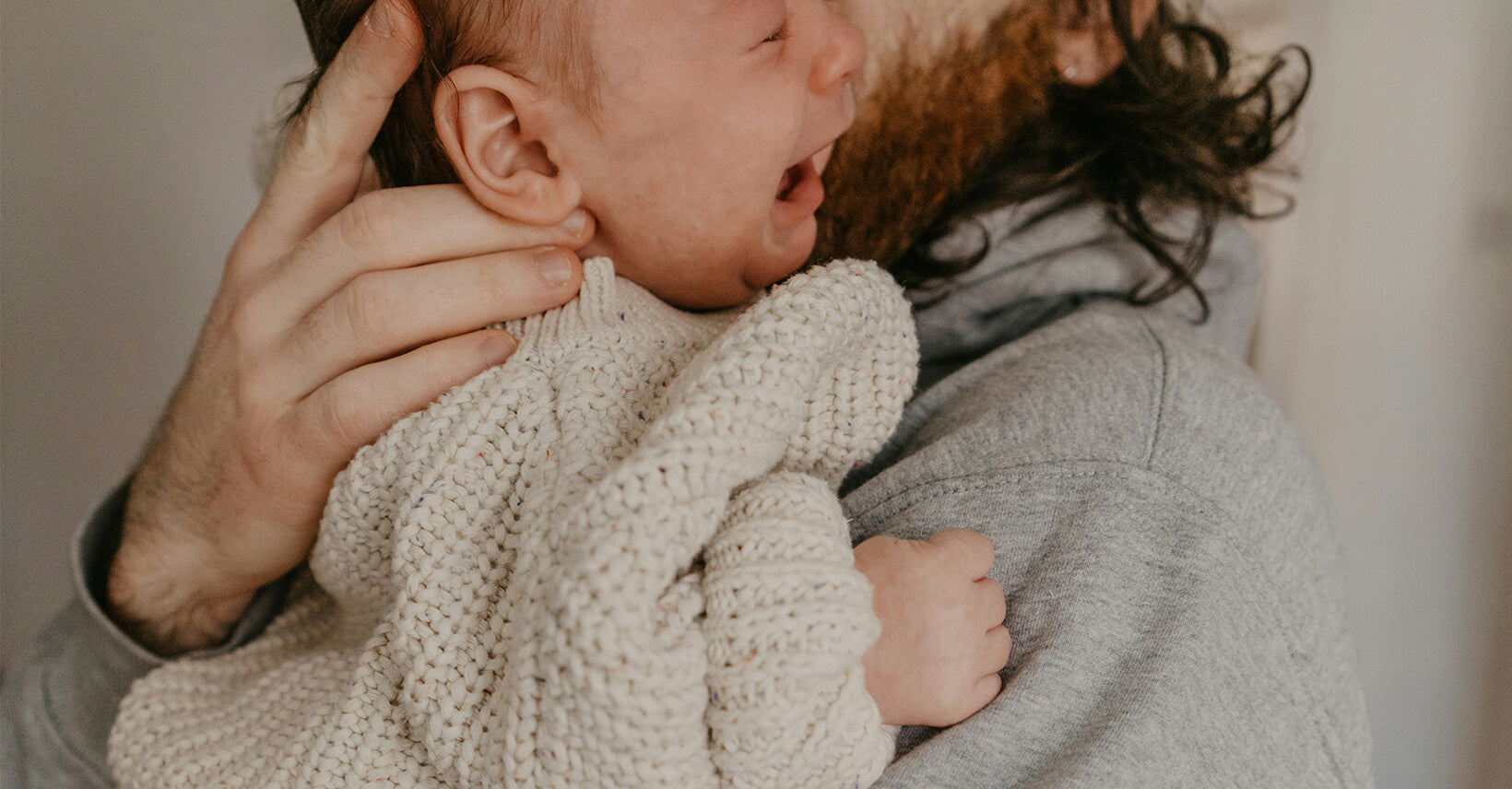
Should You Sleep Train Your Baby?
Baby sleep training is a topic that every new parent confronts at some point. As any sleep-deprived mother or father knows, babies often need to be rocked, fed or soothed back to sleep multiple times throughout the night. This leaves both babies and parents exhausted. While co-sleeping or responding instantly to a baby's every cry may seem like the easiest strategy at first, many experts agree that some form of sleep training is beneficial once a baby reaches a certain age. Methods like Ferberizing aim to teach babies how to self-soothe so that they can learn to fall asleep on their own. However, sleep training is not without controversy. Some argue that letting a baby "cry it out" can be psychologically distressing. As with many parenting decisions, there is no consensus on when and how to embark on sleep training. Each family must make the choice they feel most comfortable with, weighing the pros and cons as their baby's needs and personality dictate. The goal, of course, is for baby and parents to maximize their precious nighttime rest.
What is sleeping training?
Baby sleep training refers to a set of techniques used to teach infants how to fall asleep independently without relying on parental intervention methods like rocking, feeding or carrying that had been used previously. During the first months of life, newborns need regular parental comforting in order to sleep well. However, around 4-6 months, most babies start becoming capable of longer periods of uninterrupted sleep.
Sleep training aims to take advantage of this developmental milestone by helping babies learn the skill of self-soothing so they can settle themselves to sleep. The goal is for infants to understand that they can fall asleep without a parent being physically present. Sleep training methods accomplish this by having the parent let the baby cry undisturbed for gradually longer intervals while checking occasionally for safety. This teaches babies that crying will not result in immediate parental response and allows them to learn to comfort and put themselves to sleep.

What is the best age to sleep train a baby?
There is no definitive answer, but most experts recommend starting sleep training between 4 to 6 months of age. Here are some key points about the best ages:
4 months - At this age, babies are becoming more developmentally ready to learn how to fall asleep independently. Their sleep cycles are maturing and they can sleep for longer stretches.
4-6 months - This is generally considered the best window. Babies are past the newborn phase and more able to connect sleep associations. Their temperaments may allow for some frustration too.
6 months - By 6 months, infants have usually established clear sleep/wake cycles and stronger abilities to self-soothe. Their brains and self-regulation have also progressed.
After 6 months - Sleep training can still work after 6 months, but the ability to learn decreases with age. At this point, the baby has entrenched sleep habits to untrain.
Not before 4 months - Prior to 4 months, babies need frequent night feedings and comforting due to immature sleep cycles. Attempting sleep training too early can be frustrating for both baby and parents.
While every baby develops differently, the generalized best ages are between 16-26 weeks or 4-6 months old when babies demonstrate physical and mental preparedness for independent sleep. Consistency is also crucial for sleep training success.
What are the sleep training techniques?
Ferber Method
Parents set an interval schedule for checking on the crying baby, such as every 3 minutes for the first check, then 5 minutes, then 8 minutes, etc.
When doing the check, parents briefly reassure the baby by patting or rubbing their back, without picking them up.
The goal is to increase the time between checks each night so the baby learns to self-soothe.
This method can take 1-2 weeks as the baby adjusts to longer intervals before being soothed.
Extinction/Cry-It-Out
Parents put the baby in the crib awake and leave the room when it's time for bed.
The baby is allowed to cry undisturbed all night; parents do not go in to check on them at all.
This is considered the most "cold turkey" approach, as the baby must learn to sleep alone with no parental intervention or soothing.
Results often come more quickly, within 3-5 nights, but initial crying periods tend to be longer.
Chair Method
At bedtime, parents sit in a chair next to the crib but do not touch or talk to the baby.
If the baby cries, parents can gently pat or shush them without picking up.
The goal is for the baby to learn to fall asleep on their own with a parent present for reassurance.
Once asleep, parents quietly leave the room, advancing to leaving the door open, then closed.
Pick Up/Put Down
Whenever the baby cries, parents immediately pick them up to comfort with holding, rocking, or nursing.
Then the parent places the now-soothed baby back in the crib fully awake.
The picking up and laying down is repeated as needed until the baby falls asleep.
This reassures the baby while still teaching independent sleep skills.
Fuss-it-out
Parents allow baby to grumble/fuss without picking up for a few minutes to learn to self-soothe.
But they respond immediately when crying escalates to full out crying.
This still provides reassurance while encouraging independent settling.
Sleep Lady Shuffle
Parents check on baby every 30 seconds maximum when placed in crib awake.
Checks involve gentle pat or reassurance without picking up.
The frequent short checks teach the baby you'll respond quickly so full crying is not needed.
Camping Out
Parents sleep on the floor by the crib to be available instantly to the baby.
If baby fusses, parents can quickly reassure without removing them from crib.
Proximity provides security while encouraging independent sleep association.
Slow Fade
Gradual process that reduces ways that helped baby fall sleep, like rocking.
Takes longer but gentler approach by making small changes over weeks.
Example is reducing rocking time by minutes each night.
Dream Feeding
Parent does a night feeding as baby begins to sleep more deeply, resets sleep cycle.
Extends time between waking to reduce night feedings dependency.
Works when combined with other sleep training.

The appropriate method depends on baby's age, temperament and parental preferences. Consulting their pediatrician can help choose.
How long does sleep training take?
Ferber method: Typically 1-2 weeks for most babies, depending on their individual temperament and previous sleep associations. Improvement is often seen within a few nights.
Extinction/cry-it-out: Results usually happen faster with this method, often seeing results in 3-5 nights. However, the initial crying periods tend to be longer than other techniques.
Chair method: Can take a bit longer, maybe 2-3 weeks. Requires parents to be very consistent in sitting by the crib until sleep but not intervening otherwise.
Gradual approach: Taking small steps over a few weeks or months by making small changes each night. This approach will take the longest but may be easier on some babies' temperaments.
Age/development: Younger babies under 5 months generally take longer as they learn, sometimes 3 weeks or more. By 6-9 months, sleep training is often faster, in under 1-2 weeks.
Consistency: A key factor is sticking to the same routine/approach without caving each night. Being inconsistent can prolong the training significantly.
Do pediatricians recommend sleep training?
Many pediatricians do recommend some form of sleep training for babies between 4 to 6 months old. The goal of sleep training is to help babies learn to fall asleep on their own at bedtime and self-soothe during the night without parental intervention. Supporters argue it establishes healthy sleep habits and prevents infants from depending on being rocked or fed to sleep.

Why are people against sleep training?
However, some parents are against sleep training because they believe it is emotionally distressing for babies to cry undisturbed. Critics argue that listening to a baby cry can be psychologically and physiologically stressful both for the baby and parents. There are also concerns that sleep training could undermine the parent-child bond and disregard the infant's non-verbal communication through crying.
What happens if I never sleep train my baby?
Babies who are never sleep trained may struggle with understanding regular sleep patterns and the differences between nighttime and daytime. They may remain dependent on being nursed, rocked or held to fall asleep. As a result, both the baby and parents could experience less optimal and more disrupted sleep. However, many untrained babies do eventually establish their own natural sleep rhythms over time as they grow and mature without formal training methods being used.

Yujia Shi
An expert in sleep sack design, is a valued contributor to Kaiya Baby's blog. With a strong background in baby sleep bags and maternal care, she is highly regarded for her professionalism. Yujia Shi prioritizes baby comfort and safety in her designs, using high-quality materials. Her insightful articles on sleep bags have been featured in reputable publications and have gained a significant readership. Trust Yujia Shi to help you create a comfortable and safe sleep environment for your baby, backed by her proven track record in the industry.



Leave a comment
This site is protected by reCAPTCHA and the Google Privacy Policy and Terms of Service apply.